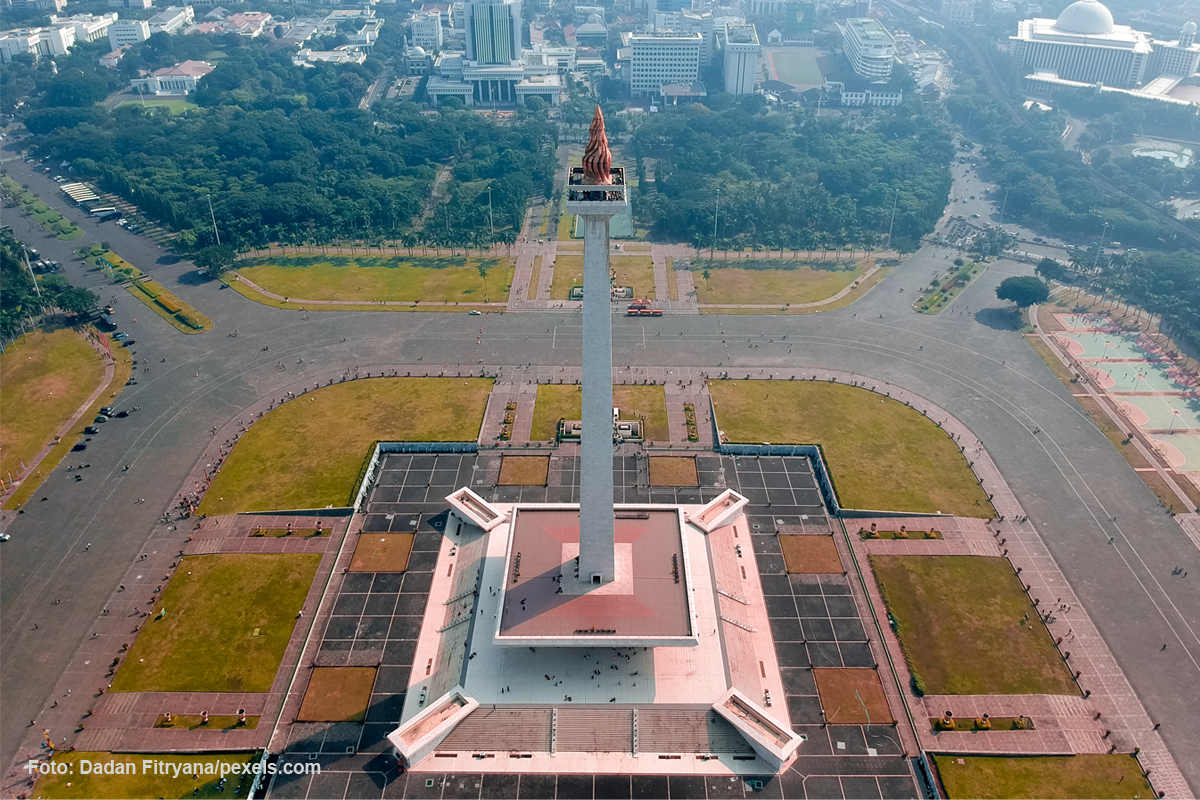Objection to 40% Local Tax Rate, Ministry of Finance: Entrepreneurs Apply for Tax Incentives

JAKARTA. The Ministry of Finance advises businesses that object to the imposition of entertainment tax rates, to apply for tax incentives in the form of reduction, relief, exemption, elimination, or postponement of payment of the tax principal.
Previously, some entertainment service businesses complained about the provisions related to the imposition of entertainment tax rates in Law (UU) Number 1 of 2022 concerning Financial Relations between the Central Government and Regional Governments (HKPD).
In the regulation, the entertainment tax rate whose collection is the authority of the local government is set at a minimum of 40% and a maximum of 75%.
Quoting Kontan.co.id, Director of Regional Taxes and Levies at the Directorate General of Fiscal Balance (DJPK) of the Ministry of Finance, Lydia Kurniawati Christyana, said that incentives can be proposed if business actors have not been able to charge a minimum rate of 40%.
To get the incentive, taxpayers can submit an application to the Regional Head. Although, actually the provision of incentives can be done by position.
Conditions for Providing Incentives
Indeed, not necessarily, the taxpayer's request will be approved by the local government. Because several things must be considered by the local government to provide entertainment tax incentives.
First, the ability to pay taxpayers and/or retribution payers. In this case, if the entrepreneur as the taxpayer has not been able to make a business with a 40% rate, the Regional Head can provide the fiscal incentive.
Second, certain conditions of the tax object, such as tax objects affected by natural disasters, fires, and/or other causes occur not due to an element of deliberation carried out by taxpayers and/or other parties aimed at avoiding tax payments.
Third, to support and protect micro and ultra-micro businesses. This means that if certain entertainment businesses that are subject to the 40% lower limit tariff have business licenses categorized as micro and ultra-micro, then the Regional Head can provide the fiscal incentives.
Fourth, to support local government policies in achieving regional priority programs and/or to support government policies in achieving national priority programs. (ASP/KEN)


